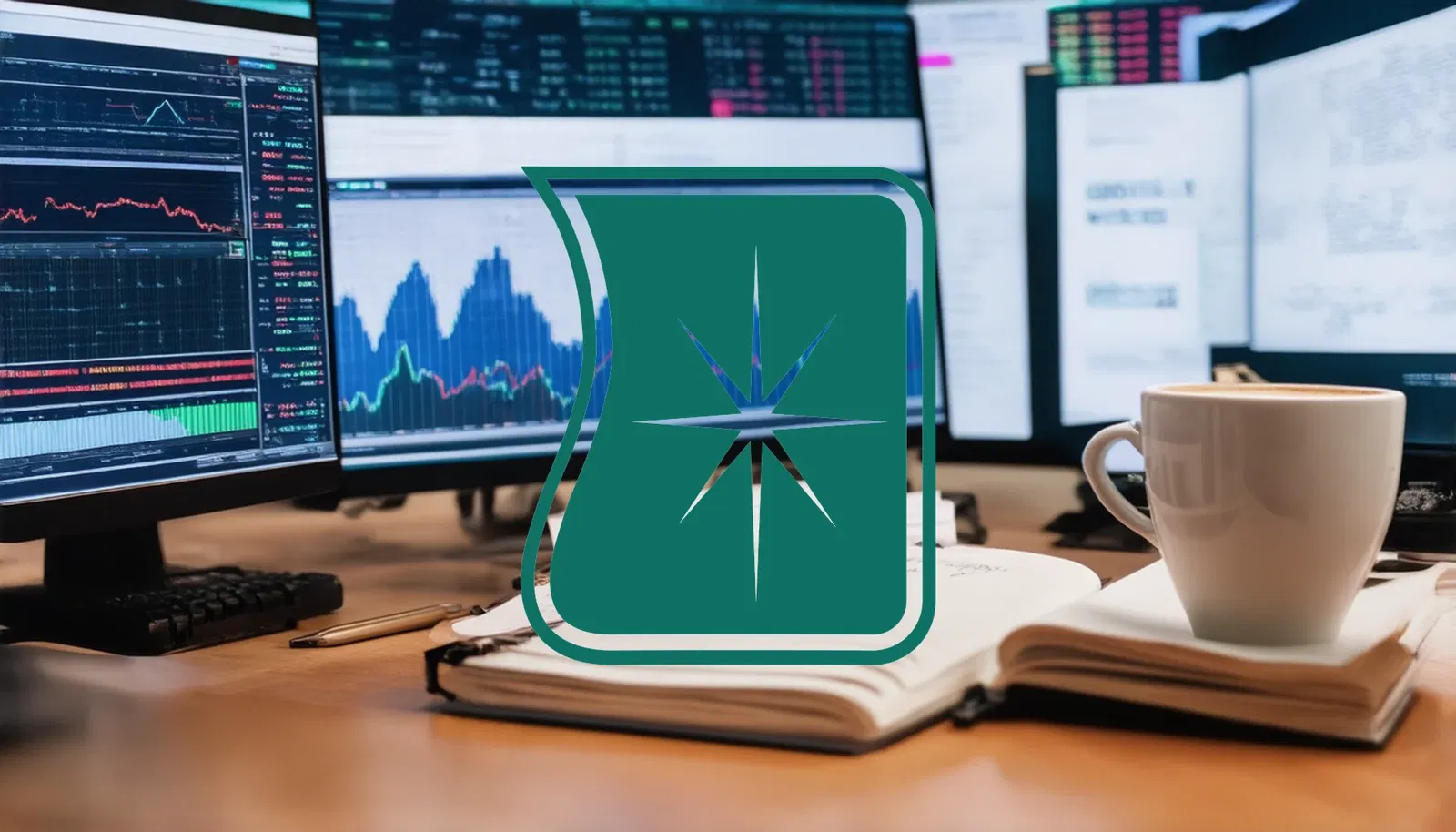Defense giant Lockheed Martin finds itself at a pivotal juncture, simultaneously showcasing its operational prowess with a significant new government award while confronting a serious class-action lawsuit that questions its financial governance. This clash of positive and negative developments presents a complex puzzle for shareholders attempting to value the company’s prospects.
Substantial Military Contract Secured
In a notable development for its aeronautics division, Lockheed Martin has secured a $211.3 million agreement to provide technical services and engineering support for the C-5M Super Galaxy aircraft fleet. The contract encompasses a comprehensive suite of work including investigations, conceptual design analysis, and testing operations. This project, extending through September 2030, underscores the continuing demand for the corporation’s advanced military aviation capabilities and provides sustained revenue visibility for the coming years.
Mounting Legal Pressures
Counterbalancing this business achievement, the company now faces significant legal challenges. A class-action lawsuit has been filed on behalf of investors who purchased Lockheed Martin securities between January 2024 and July 2025. The legal proceedings require the appointment of a lead plaintiff by September 26, 2025.
The litigation centers on allegations that corporate leadership presented a misleading picture of the company’s financial condition. According to the complaint, Lockheed Martin failed to disclose inadequate internal controls for assessing program risks and overstated its capacity to meet contractual obligations concerning cost projections, quality standards, and delivery timelines.
Should investors sell immediately? Or is it worth buying Lockheed?
Significant Financial Setbacks Revealed
This legal action follows the disclosure of substantial financial setbacks within key business units. The company reported pre-tax losses totaling $1.8 billion within its aeronautics segment in January 2025. Merely six months later, in July 2025, additional losses emerged—$950 million in the same aeronautics division plus a further $570 million in losses within the Rotary and Mission Systems unit, primarily linked to Canada’s maritime helicopter program.
The lawsuit contends that without effective procedures for accurate program and risk assessment, the company was inevitably positioned to incur these substantial, previously undisclosed losses. Investors may have consequently made decisions based on incomplete or potentially misleading financial information.
Reflecting these concerns, Lockheed Martin’s share price has faced notable pressure, trading considerably below its peaks of the previous twelve months. Investors must now carefully weigh these conflicting signals—the demonstrated ability to secure major government contracts against growing governance concerns—as they assess the company’s long-term trajectory.
Ad
Lockheed Stock: Buy or Sell?! New Lockheed Analysis from February 7 delivers the answer:
The latest Lockheed figures speak for themselves: Urgent action needed for Lockheed investors. Is it worth buying or should you sell? Find out what to do now in the current free analysis from February 7.
Lockheed: Buy or sell? Read more here...









